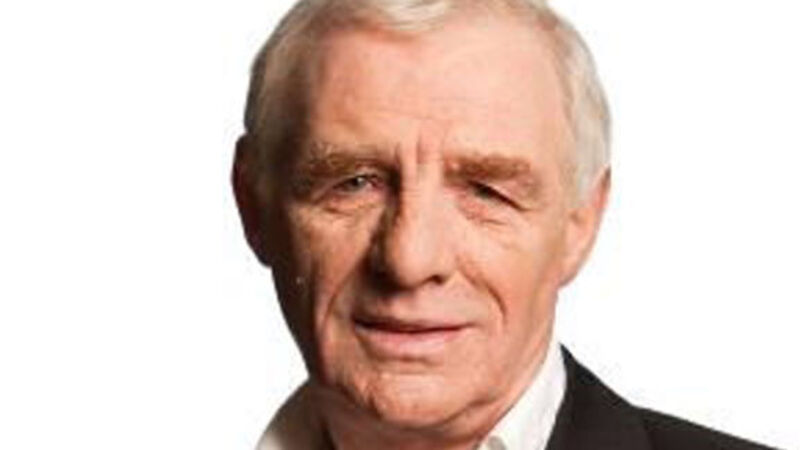Dunphy tackles Keane criticism but ‘holds no grudges’

The opening chapter of Keane’s new book, The Second Half, deals with the fall-out from the assistant Ireland manager’s first autobiography, which was ghost written by Dunphy.
The FA banned the former Manchester United captain for five matches and fined him £150,000 in 2002 when quotes attributed to Keane in the Dunphy-penned book suggested that he intentionally injured Manchester City’s Alf-Inge Håland during a match the previous year.













